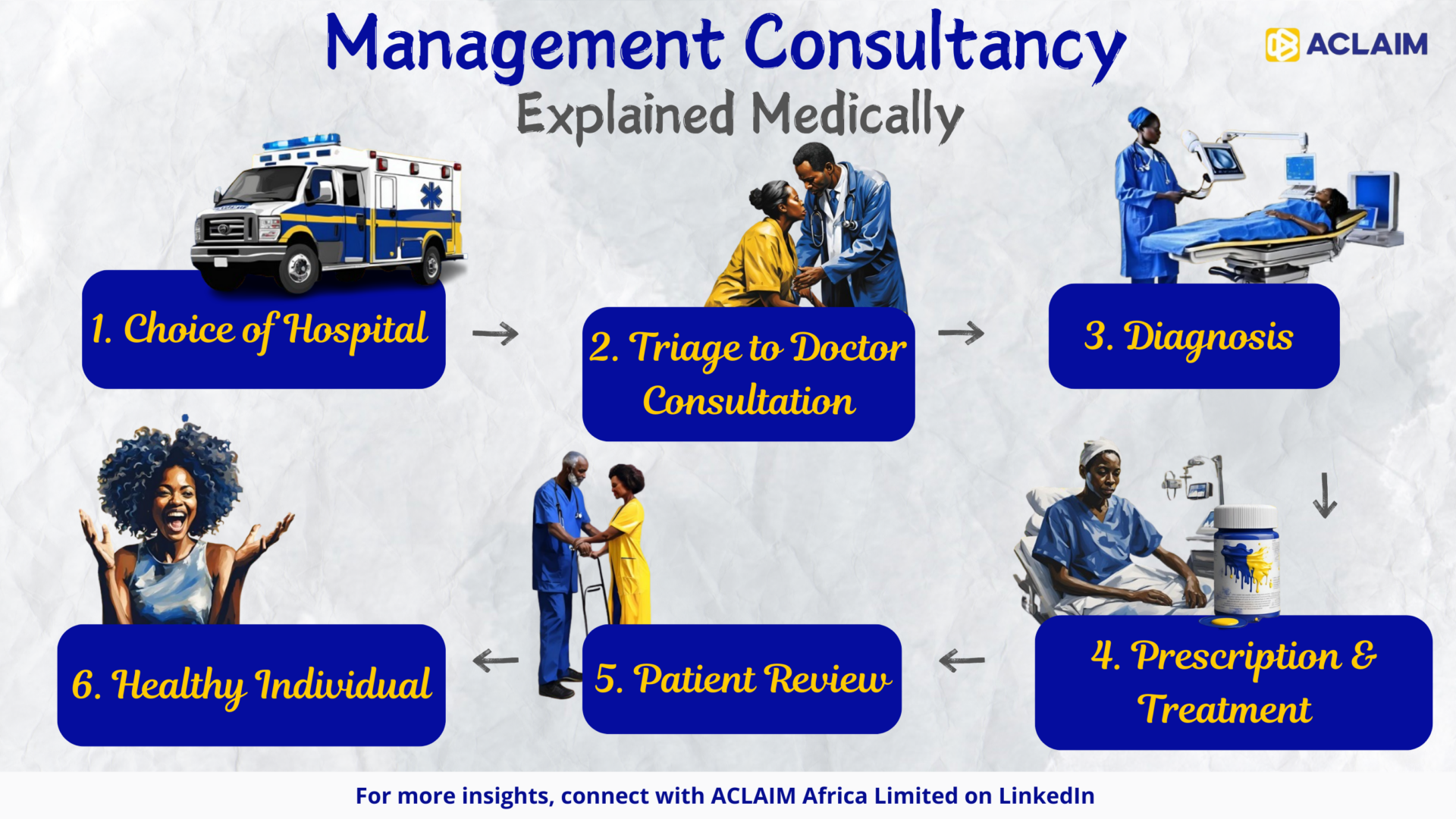People who succeed at the highest level are not lucky! They are doing something different from everyone else. Success does, indeed, leave clues. Let’s see how in this insight.
Hands, Heart or Both?
 Ever wondered, what makes the difference between people that work with just their hands and those that work with both their hands and heart? Well, it’s a combination of factors that are very often overlooked. But not to worry, the journey to having or being a fully engaged employee – hand, heart and mind- is quite thrilling and, often, unconventional.
Ever wondered, what makes the difference between people that work with just their hands and those that work with both their hands and heart? Well, it’s a combination of factors that are very often overlooked. But not to worry, the journey to having or being a fully engaged employee – hand, heart and mind- is quite thrilling and, often, unconventional.
Let’s take a walk into the lives of Jolly Joseph and Grumpy George.
Jolly loves his job, he lets his personality and who he is shine through his work. He is flexible and agile. Let’s just say, it has become second nature to him. “Monday blues” and “Thank God It’s Friday (TGIF)” are not things he relates with.
His Line Manager and work environment have played a big role in this. As a leader, Jolly’s supervisor allows autonomy, she offers direction, challenge and support to the people she leads. She is intentional about giving feedback and growing her team. She takes interest in the total well-being of her staff.
Grumpy on the other hand performs his tasks by the book. He has mastered his job description like the back of his hand, and sticks to it. He goes to work simply to put food on his table and leave; just like many people you and I know. Grumpy comes to work on time, does what he is supposed to do within agreed deadlines and goes home. That would not be such a bad thing, right? Sadly, one can only go so far in terms of growth with such a working style.
Like Jolly, Grumpy’s Line Manager and work environment have contributed immensely to this state. Grumpy’s Line Manager believes that all decisions should be made by Management and that employees should simply execute. She believes that employees should be closely and tightly supervised.
Let’s dig deeper into how we can ignite passion; the secret ingredient to success.
Employee Engagement
Employee engagement is the emotional commitment/attachment and enthusiasm that an employee has about the organisation and its goals. This, to an extent that, when an employee is presented with a choice, they will act in a way that furthers their organisation’s interests. Employee engagement is a driving force in igniting passion.
Jolly feels appreciated, involved and this reflects in how he delivers with passion. Something we don’t see with Grumpy because of the mechanical way in which the work environment is structured.
As you ponder on Jolly and Grumpy’s situation, let’s draw your attention to a very basic, yet fundamental, human need called significance. At the core of who we are is a deeply embedded need for significance; to feel important, unique, needed, like we bring something to the table and are impactful. This is a key factor in the decisions we make – consciously or subconsciously -in and out of our work. Human beings crave for recognition in most of what they do. Employers who master this art will get the best out of the people they lead.
Grumpy’s supervisor has the mentality that a good pay cheque will make up for what she lacks in terms of appealing to the social and emotional needs of her employees.
“At the core of who we are is a deeply embedded need for significance; to feel important, unique, needed, like we bring something to the table and are impactful.”
Employee engagement is that push to go the uncompelled extra mile. We’ll together assess some of the factors that affect Employee Engagement.
Quality of working relationships with peers and managers. Employee Engagement is a direct reflection of how employees feel about their relationship with their peers and supervisors. In a research conducted by Gallup, it was discovered that close work friendships boost employee satisfaction by 50%, while people with a self-described best friend at work are 7 times more likely to be fully engaged.
Jolly experiences high levels of happiness and satisfaction because he has friends in the work place. The conventional thinking that “professional life should be separate from personal life” is old school and phasing out. Work has evolved from boss-subordinate relationships to teamwork. Managers are more relaxed and willing to let their personalities and personal interests shine through at work, and in turn individual employees are more comfortable exhibiting their “true selves” in this environment.
Fostering personal relationships between peers can be done by incorporating a sense of fun into the organisational culture. Creating opportunities for relaxed interactions during or after work hours like staff retreats, games, having lunch together, among others.
Employers do not have to necessarily facilitate the relationship but rather provide a conducive environment for people to relate.
Performance feedback. It goes without mention that rewarding positive behavior reinforces and encourages people to repeat the same – both children and adults alike. It is not any different with Jolly who is recognized often for his outstanding work ethic. This has tremendous effect on his mood and motivation. Not forgetting the feeling and sense of trust he gets from his manager. According to Stephen Covey in the 7 Habits of Highly Effective People:
“Trust is the highest form of human motivation’’.
It brings out the very best in people with the necessary support, time and patience, like an egg given a conducive environment to hatch.
In like manner, leaders should not shy away from giving negative feedback but should package it as constructive criticism. Grumpy gets defensive when negative feedback is being given because it comes as reprimand rather than an opportunity to learn from.
To the leaders reading:
“Have patience! You get the chick by hatching the egg, not by smashing it’’.
Task variety. This is the extent to which a job requires that an employee performs a wide range of tasks to avoid monotony and boredom.
Grumpy’s work has so much routine, and this denies him opportunity to apply self. Routine is synonymous with monotony and boredom. It almost brings down human effort to the level of a programmed machine because of the repetitive tasks, day in day out.
However it’s a call to Grumpy to be proactive enough and look beyond his routine tasks for something more challenging. Likewise Grumpy’s manager should be intentional about availing opportunities for challenge. With the necessary support, this creates room for growth and development of new skill sets.
Perception that an employee plays a significant role. Employees need to know that their work is critical to achieving the company mission and goals. First, they need to understand ‘’Why’’ they work. This creates a sense of purpose and, in the long run, impact.
A deep understanding of the company’s goals and his role in achieving them creates an emotional bond between Jolly and his work. The results speak for themselves.
Involvement in decision-making gives an opportunity for one to voice their opinions and share their knowledge with others. It also improves the relationship between teams and makes individuals feel influential. It feels good being influential, doesn’t it?
Cultural fit right from the hiring process. It is the responsibility of the leaders to be cultural stewards and steer the organisation in the right direction. Some say, it is advisable for the managers to approach the hiring process as one would approach selecting a spouse for marriage. Well, not exactly, but you get the drift!
Employers should ensure a fit between the culture and values of the person being hired with those of the organisation. This makes it easy for people to bond if their values are closely aligned. Good working relationships will come more easily.
Well defined roles. There needs to be a clear outline of how every employee’s efforts contribute to the company’s overall mission. Without this, there’s risk of confusion, disengagement and burnout.
There should also be a clear unbroken chain from the individual contribution all the way up to the company mission. There needs to be consensus on the skills, values and personality traits – at least the bare minimum – necessary for performing the tasks outlined in the job description.
Motivation by intrinsic factors. Whereas money helps fulfill our basic needs for survival, it does a poor job satisfying higher level needs like esteem, the need to belong and a sense of impact.
Some employees like Jolly have a deep inherent desire for excellence, growth and contribution to society. Such employees will be engaged whether or not their environment fosters it.
For Grumpy who is motivated by external factors like salary, his manager has to go the extra mile in instilling principles and helping him identify his “true north”. There is a lot of unlearning and learning that has to take place.
Inspirational leadership. This is the golden nugget! It makes or breaks the organization. Good leaders exhibit several positive characteristics like passion, commitment, emotional intelligence and, more importantly, vision. The leader’s ability to motivate others to reach for something greater than themselves is critical. Dr. Jimmy Atkins, in his book titled Leadership-in-Miniature, emphasizes that:
‘’When leader-member relationships are good, subordinates are more likely to comply with the leader’s request and direction’’.
In order to energize individuals to strive towards achieving a vision, an inspirational leader should be accommodative of all personality types and accord them the necessary support.
Conclusion
There is a clear distinction between work done with the heart and that which is just done with the hands. Employees like Jolly go that extra mile because they are engaged. Success is personal for them!
Whereas it is important for employers to create an engaging environment, employees like Grumpy ought to derive inspiration from within by looking at the bigger picture, say, creating and developing a personal brand and impacting to society through your service at the job.
Leaders are called upon to find what works in their context, clarify it, simplify it and systemize it in a way to help people they lead move forward.
To Jolly and Grumpy, make a difference, not just a living.
About the author(s)
Lynn Comfort Kemigisha and Norah Mugugwa are Analysts – Human Resource at ACLAIM Africa Limited, based at the head office in Kampala, Uganda. They are both experts in organisational psychology, and are passionate about seeing people and organisations thrive.



